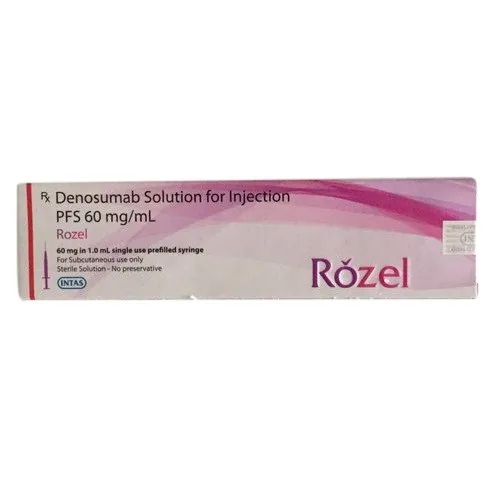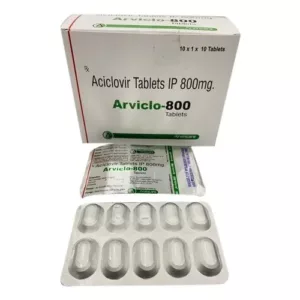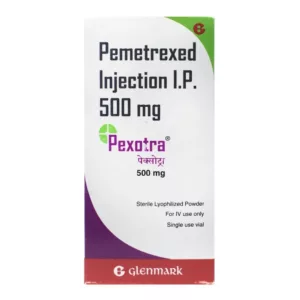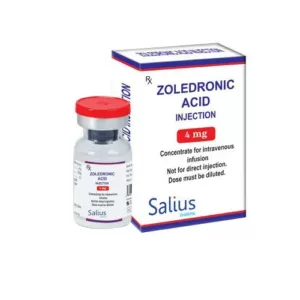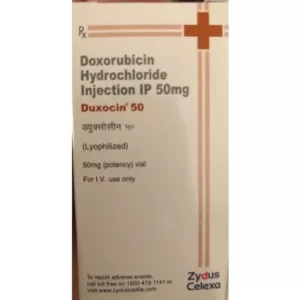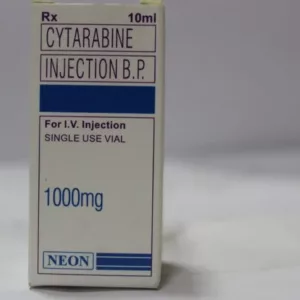Prolia is a prescription medicine used to treat symptoms of osteoporosis and to increase bone mass in patients receiving certain types of cancer. Prolia may be used alone or with other medications.
Prolia belongs to a class of drugs called Antineoplastics, Monoclonal Antibody; Monoclonal Antibodies, Endocrine.
It is not known if Prolia is safe and effective in children younger than 4 years of age.
What are the possible side effects of Prolia?
Prolia may cause serious side effects including:
- new or unusual pain in your thigh, hip or groin,
- severe pain in joints, muscles, or bones,
- dry skin,
- peeling skin,
- redness,
- itching,
- blisters,
- oozing or crusting,
- numbness or tingly feeling around your mouth, fingers or toes,
- muscle tightness or contractions,
- overactive reflexes
- ,
- fever,
- chills,
- night sweats,
- swelling,
- pain,
- tenderness,
- warmth,
- pain or burning when you urinate,
- increased or urgent need to urinate,
- severe stomach pain,
- cough, and
- shortness of breath
Get medical help right away, if you have any of the symptoms listed above.
The most common side effects of Prolia include:
- bladder infection,
- painful or difficult urination,
- back pain,
- muscle pain, and
- pain in your arms or legs
